From Ethics to Happiness. From Democracy to Music, Arts and Philosophy. From Logic to Science. Ancient Greeks thought, discussed and wrote about a lot of our modern civilizations' ideas and problems which seem to be really important even after 2,500 years! Below, you can read quotes about the meaning and the essence of the words knowledge and wisdom, an understanding of what intelligence is, the presentation of love and friendship, the definition of happiness and the importance of being grateful. Furthermore, you will also read about politics, the issue of poverty and more philosophical ideas and thoughts.
Here are 30 precious diachronic life lessons which will make you think, become more self-aware and help you become a more conscious being. Enjoy the list, share and add your ideas in the comment section.
1) Pythagoras (570-495 BCE)
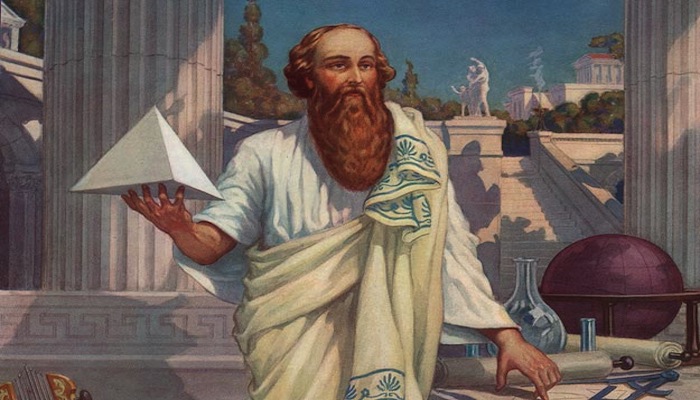
“As long as Man continues to be the ruthless destroyer of lower living beings, he will never know health or peace. For as long as men massacre animals, they will kill each other. Indeed, he who sows the seed of murder and pain cannot reap joy and love.”
“Be silent or let thy words be worth more than silence.”
“If there be light, then there is darkness; if cold, heat; if height, depth; if solid, fluid; if hard, soft; if rough, smooth; if calm, tempest; if prosperity, adversity; if life, death.”
2) Democritus (c. 460-370 BCE)

“Everywhere man blames nature and fate yet his fate is mostly but the echo of his character and passion, his mistakes and his weaknesses.”
“Nothing exists except atoms and empty space; everything else is opinion.”
“Many much-learned men have no intelligence.”
3) Socrates (c. 469-399 BCE)
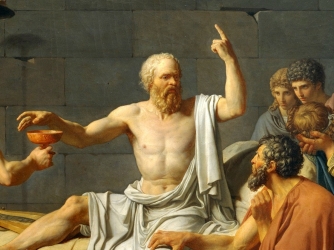
“The only true wisdom is in knowing you know nothing.”
“The unexamined life is not worth living.”
“I cannot teach anybody anything. I can only make them think”
4) Plato (428-327 BCE)

“Be kind, for everyone you meet is fighting a harder battle.”
“Every heart sings a song, incomplete, until another heart whispers back. Those who wish to sing always find a song. At the touch of a lover, everyone becomes a poet.”
“Wise men speak because they have something to say; fools because they have to say something.”
5) Aristotle (c. 384-322 BCE)
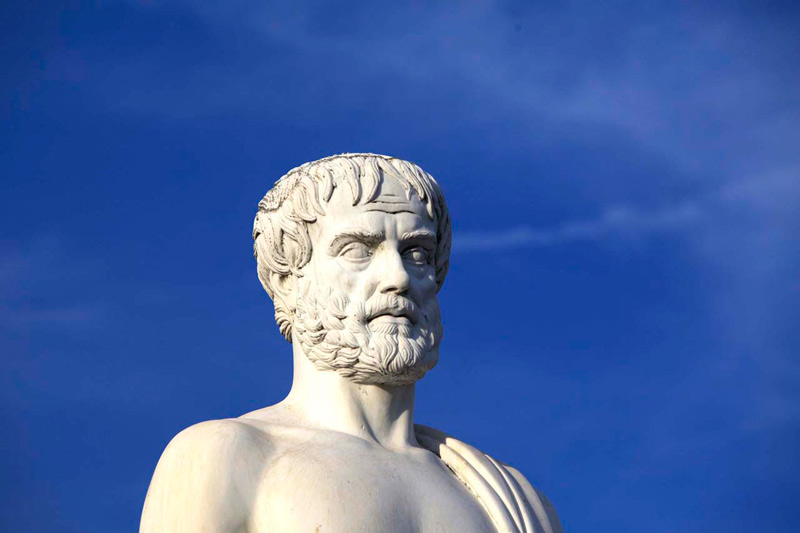
“Knowing yourself is the beginning of all wisdom.”
“It is the mark of an educated mind to be able to entertain a thought without accepting it.”
“What is a friend? A single soul dwelling in two bodies.”
6) Diogenes of Sinope (c. 412-323 BCE)

“It is not that I am mad, it is only that my head is different from yours.”
“It is the privilege of the gods to want nothing, and of godlike men to want little.”
“Poverty is a virtue which one can teach oneself.”
7) Epicurus (c. 341-270 BCE)
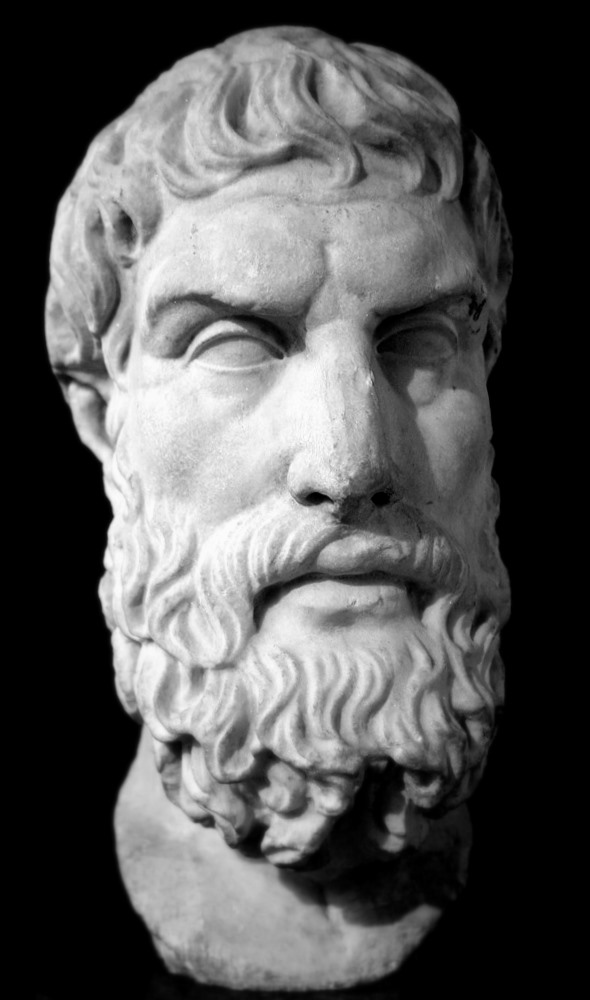
“Do not spoil what you have by desiring what you have not; remember that what you now have was once among the things you only hoped for.”
“Death, therefore, the most awful of evils, is nothing to us, seeing that, when we are, death is not come, and, when death is come, we are not.”
“Of all the means to insure happiness throughout the whole life, by far the most important is the acquisition of friends.”
8) Heraclitus (535-475 BCE)

“Time is a game played beautifully by children.”
“No man ever steps in the same river twice, for it's not the same river and he's not the same man.”
“Out of every one hundred men, ten shouldn't even be there, eighty are just targets, nine are the real fighters, and we are lucky to have them, for they make the battle. Ah, but the one, one is a warrior, and he will bring the others back.”
9) Pericles (c. 495-429 BCE)

“Just because you do not take an interest in politics doesn't mean politics won't take an interest in you. ”
“What you leave behind is not what is engraved on stone monuments, but what is woven into the lives of others.”
“Those who can truly be accounted brave are those who best know the meaning of what is sweet in life and what is terrible, and then go out, undeterred, to meet what is to come.”
10) Epictetus (c. 55—135 AD)

“If anyone tells you that a certain person speaks ill of you, do not make excuses about what is said of you but answer, "He was ignorant of my other faults, else he would not have mentioned these alone.”
“Wealth consists not in having great possessions, but in having few wants.”
“Don't explain your philosophy. Embody it.”
Related:
- The 10 Most Famous Personalities Of The Last 6,000 Years
- Top 14 Greatest Philosophers And Their Books
- The Key To Happiness, According To 3 Greek Philosophers
- Socrates Was One Of The Smartest People Ever Lived. Here Are 24 Out Of His Most Important Quotes That Everyone Needs To Read
- Socrates: The Test Of Three
- MOTIVATION: 15 Best Socrates Picture Quotes
- 17 Of Plato's Most Famous Quotes That Can Help Us Improve Our Lives
- This Animation Will Explain To You Plato's Philosophy In Almost 3 Minutes
- 40 Aristotle's Quotes That Will Make You Think And Can Change Your Life
- 40 Golden Words By Epictetus, The Ancient Greek Philosopher Who Was Born A Slave
- 12 Life Lessons from Jesus That Everyone Should Read Before They Die
- 35 Inspiring & Philosophical Quotes By Lao Tzu (Laozi)
- 37 Confucius' Quotes That Will Help You Understand The Chinese Philosophy
- Leonardo Da Vinci: 30 Quotes by a Talented Genius Personality
- You Need To Read These 25 Truths By Galileo Galilei
- 30 Words Of Wisdom By The Great Scientist, Nikola Tesla
- 25 Life Lessons from Albert Einstein
- Albert Einstein - How I See the World
- 23 Quotes About Our Cosmos By The Astronomer Carl Sagan
- Johann Wolfgang von Goethe: 20 Quotes You Need To Read
- 22 Sigmund Freud's Quotes Will Make You Rethink Life
- 38 Most Memorable Quotes By Voltaire
- 39 Philosophical & Thought-Provoking Quotes By Albert Camus
- 42 Victor Hugo's Lessons to Make You Think
- 46 Mind-Blowing Quotes By Friedrich Nietzsche
- 30 Humanitarian Inspiring Quotes By Martin Luther King Jr.
- 30 Political and Philosophical Quotes By Noam Chomsky
- 18 Pictures of Shaolin Monks Training
- Ten Tips From A Shaolin Monk On How To Stay Young
- One Buddha Teaching That Will Tell You More About Yourself Than Anything Else
- 25 Life Changing Lessons to Learn from Buddha
- Gandhi’s 10 Fundamentals: How To Change The World
- 28 Thought-Provoking Photo Quotes By Charles Bukowski
- 25 Life Changing Lessons To Learn From Rumi
- 10 Pieces Of Wisdom & Quotes From Native American Elders
- 10 Quotes From a Sioux Indian Chief That Will Make You Question Everything About Our Society
- 25 Lessons From Khalil Gibran That Can Totally Transform Your Life







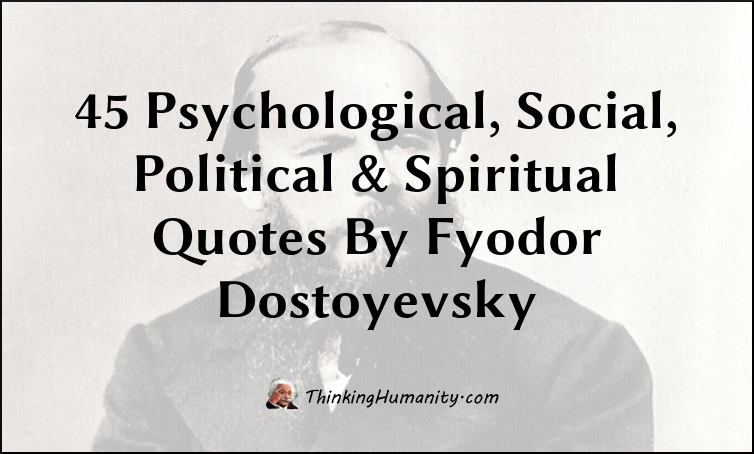
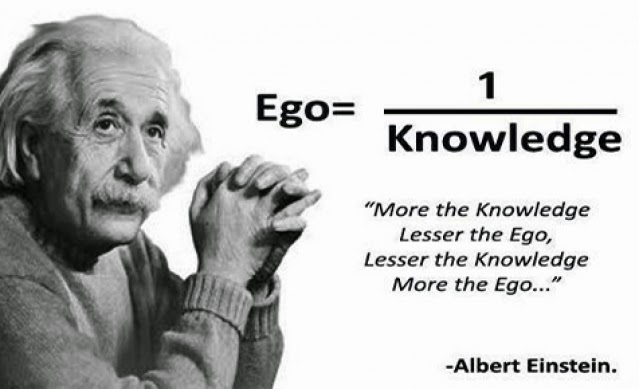
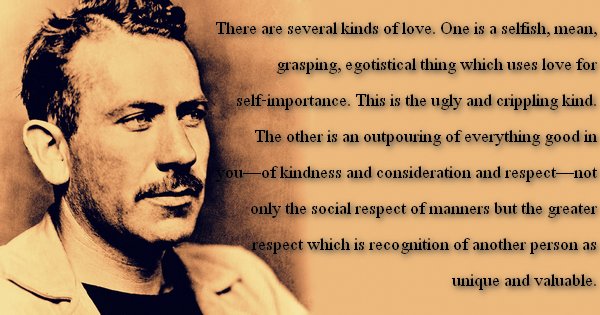






Good! Very wise words. These philosophers are the main teacher for human. And we should proud of them. I want to share with one more wise advice how to cope with criticism. Here http://thinksimplenow.com/happiness/how-to-deal-with-criticism/ you can read it.
DeleteWell written Blog, I really enjoy reading your blog. this info will be helpful for me. Thanks for sharing. Bandage dress
Delete